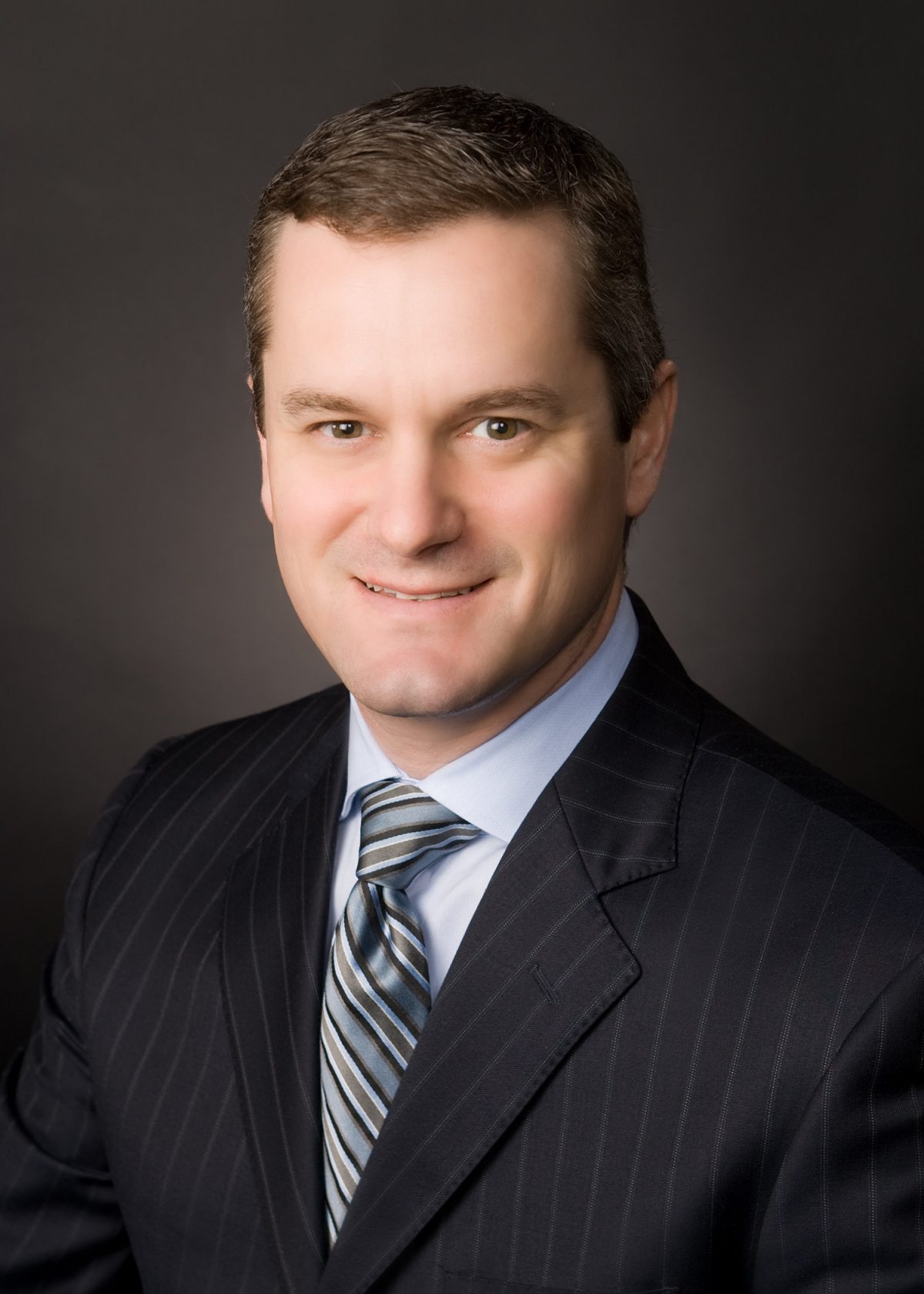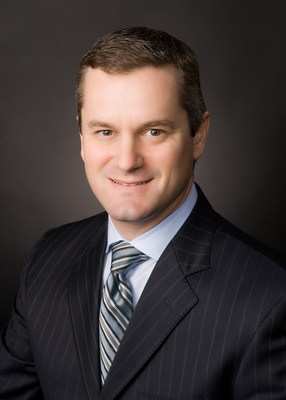PHILADELPHIA, Aug. 4, 2020 /PRNewswire/ — Ten years ago I started Gobel Group with the premise that people give, not because of their wealth, but because of their gratitude to the institution and people at that institution. Nowhere is that gratitude more present and powerful than in healthcare. Over the past decade, Gobel Group has been fortunate to work with more than 350 healthcare clients to support their efforts of putting gratitude first.
When I founded Futurus Group in early 2019, bringing together our President, Nathan Chappell, and an incredible team of talented and experienced technical and philanthropic professionals, it was with the goal of harnessing cutting-edge technology from the worlds of AI and machine-learning to empower nonprofits, including hospitals, to identify their most grateful constituents and drive successful philanthropic efforts.
At both Gobel Group and Futurus Group, we believe philanthropy is not about finding the richest person in your community and convincing them to give to your institution, but about receiving the gift of gratitude because you created or provided an extraordinary experience to your constituent. Philanthropic donations do not make hospital executives rich; instead, they help healthcare organizations positively impact human lives — whether they are nine minutes old, or 90-years-old.
For this reason, I was surprised to read how, in its July 21st piece, the New York Times reported on a national survey published in JAMA concerning fundraising in hospitals. The Times infers there are dark clouds gathering over philanthropy in medicine, calling into question the future of the healthcare industry.
To put the bottom line at the top, the Times missed the mark on its analysis. Consider the numbers they didn’t report on. What the survey data shows in actuality is a proof of concept of both Gobel Group and Futurus Group’s approach of centering on gratitude, not wealth.
The Times piece, titled «Patient, Can You Spare a Dime?» is a disheartening representation of a new paper published in JAMA titled, «Public Attitudes Regarding Hospitals and Physicians Encouraging Donations From Grateful Patients.» Reporter Gina Kolata labels seeking philanthropic donations from patients as an «increasingly common tactic,» stating «most patients are repelled by these solicitations.»
One point the survey data does make clear is Americans, retaining the streak of our forefathers, are repelled by a difference in care based on donor status. The JAMA survey poses a series of hypothetical benefits for donors to gauge if the general public finds such benefits acceptable. Examples include room upgrades, which 50% of respondents were comfortable with, but those figures drop off quickly. For example, only 20% of respondents support increased access to physicians. But as Alice Ayres, CEO of the Association of Healthcare Philanthropy notes, «While concierge benefits vary by organization, the commitment to delivering the same quality of care for all patients does not.»
So, are patients really repelled by being asked to give back to the hospital that has cared for them or their family? Consider the survey results left out by the Times. According to the JAMA article, 85.2% of respondents from the general population sample agreed patients feel good when they donate to the hospital where they received medical care. 77% agreed patients feel good by donating to support the physician who cared for them.
As AHP’s Alice Ayres notes, «expressing gratitude through giving is part of the emotional healing process for many donors and their families.» It is difficult to line up these results, showing overwhelming belief in the positivity of patient donations, with the idea being asked to donate turns off these same respondents.
So, if patients understand the positivity and healing potential of giving, and hospitals are committed to providing the same quality of care to all, then what is their real concern? It is the same issue expressed by many doctors, that wealth and donor status will create problems — or the appearance of problems. The lead author of the JAMA study, Reshma Jagsi, M.D., D.Phil., expressed this dilemma herself, saying: «As a practicing physician asked to engage my patients around philanthropy, it’s occurred to me that this could be a potential conflict of interest. I want guidance to navigate this, to understand what I should do to encourage philanthropy, but also to protect my patients and maintain their trust.»
To be sure, I agree with the overwhelming majority of survey respondents who state doctors and nurses should not solicit donations – this should be done by a gift officer. We also take great effort to partner with hospitals to remove wealth from the equation.
So why not focus on wealth? Because we have found a better way. Employing AI and Big Data to achieve greater philanthropic outcomes, our custom algorithm focuses on patient gratitude, not the size of a patient’s checkbook. By gauging patient gratitude using experience, a hospital system can better tap into the sense of belonging and identity grateful patients possess — leading to a positive virtuous cycle paying far better dividends in the long run.
It turns out our «Gratitude to Give» (G2G) approach is resonating just as strongly with physicians as patients. Derek Groves, Chief Development Officer at Essentia Health, had this to say on the topic. «I absolutely love G2G. One of our clinician champions came to thank me today — he had recently met with his major gift officer and reviewed names from the G2G list. I’ve never had a physician come to me and thank me for the work I’m doing. More often than not, the tendency is for them to come to me and tell me that my work is unethical.»
Ultimately, Gina Kolata and the New York Times set out to paint a picture of philanthropy in medicine as an idea rejected by the general public. But what the survey data actually shows quite clearly is our approach to fundraising is the correct path forward for hospitals. And judging by so many positive outcomes, it is evident the future focus of giving must shift from wealth screening towards the accurate measurement of patient gratitude for greater success. If you want to learn more about our G2G model and how it could be applied to your organization to increase philanthropic revenue, I encourage you to read about us in Forbes and click here to schedule a 15-minute call.
About Gobel Group
Gobel Group is the leading consulting firm working exclusively in healthcare philanthropy, and the experts in helping clients build meaningful partnerships with physicians and nurses to create a robust grateful patient program. Gobel has expanded its scope of services and now supports clients with strategic planning, campaign planning and management, and board and volunteer leadership training, among other areas.
Gobel Group has worked with over 350 hospitals across the nation and around the world. More information on Gobel Group’s services and career opportunities can be found at www.gobelgroup.com.
About Futurus Group
Backed by Gobel Group’s 300+ years of collective experience in healthcare fundraising, Futurus Group is revolutionizing healthcare philanthropy by leveraging AI capabilities to increase philanthropic support. As an enterprise software company focused on artificial intelligence, Futurus partners with its clients to ensure that their philanthropic data is accurate and actionable. More information about Futurus Group can be found at www.futurusgroup.com.
CONTACT: Lauren Kline, lauren@gobelgroup.com, 585-598-1174
![]() View original content to download multimedia:http://www.prnewswire.com/news-releases/chad-gobel-the-new-york-times-proves-the-importance-of-gratitude-to-giving-301105221.html
View original content to download multimedia:http://www.prnewswire.com/news-releases/chad-gobel-the-new-york-times-proves-the-importance-of-gratitude-to-giving-301105221.html
SOURCE Gobel Group; Futurus Group




